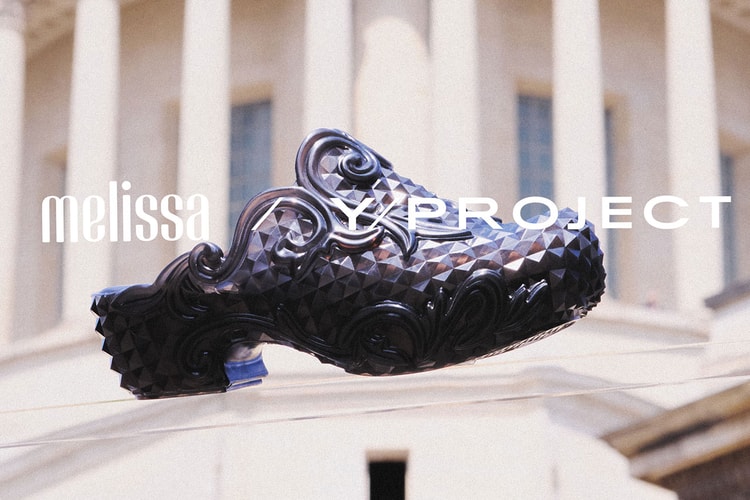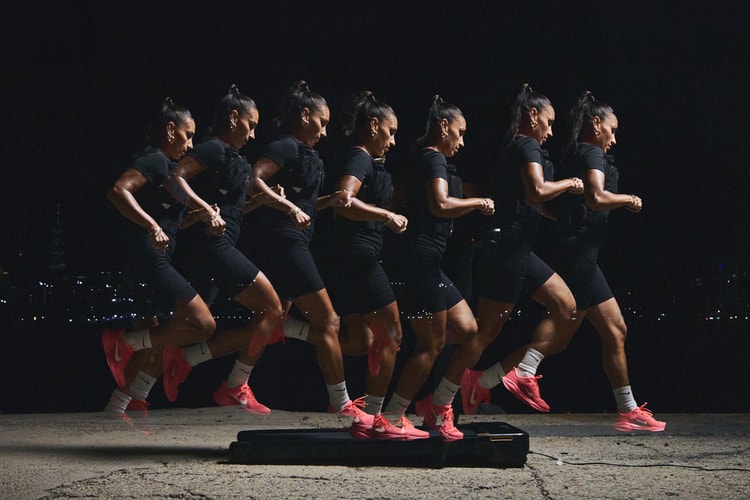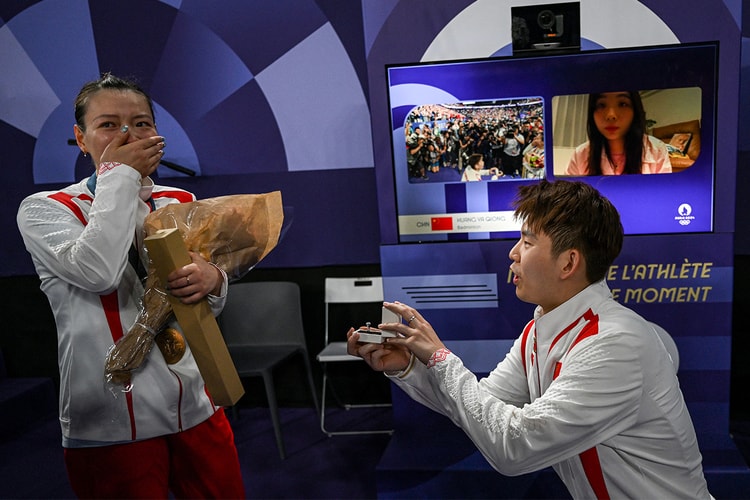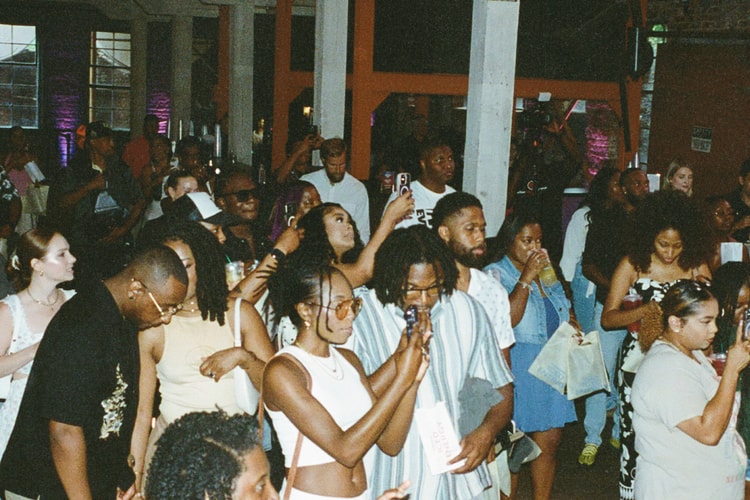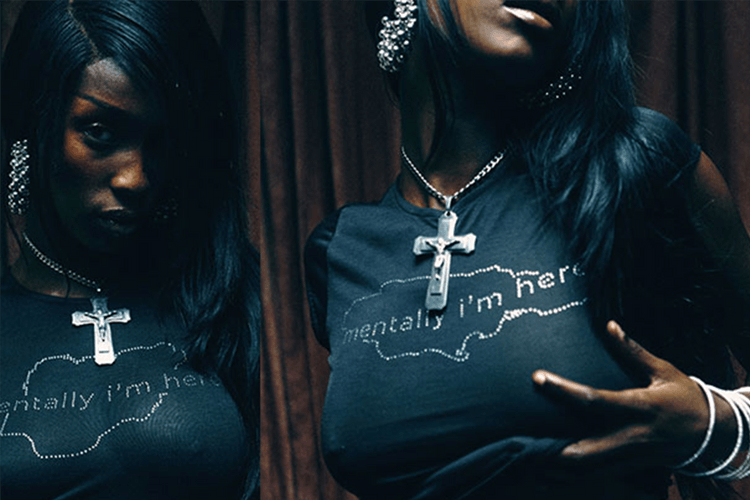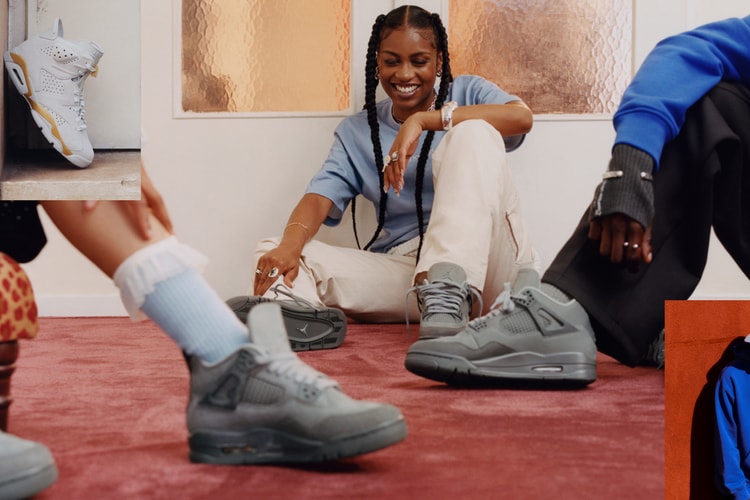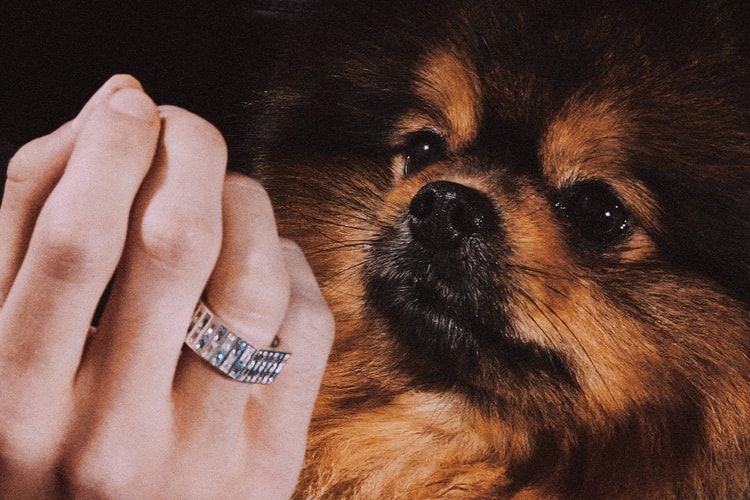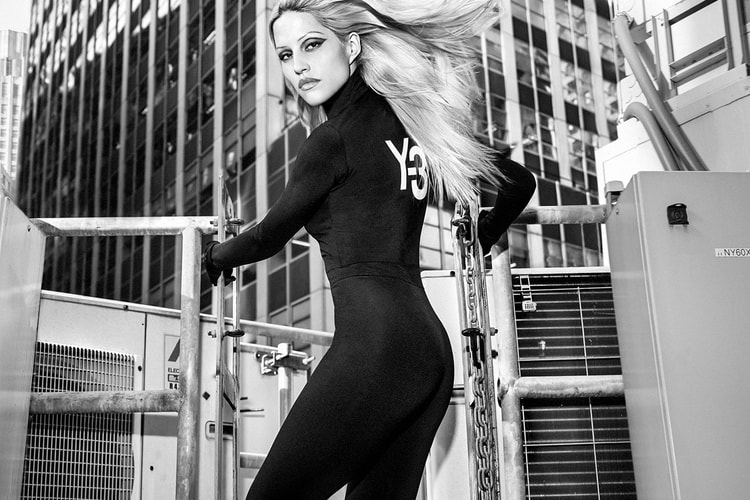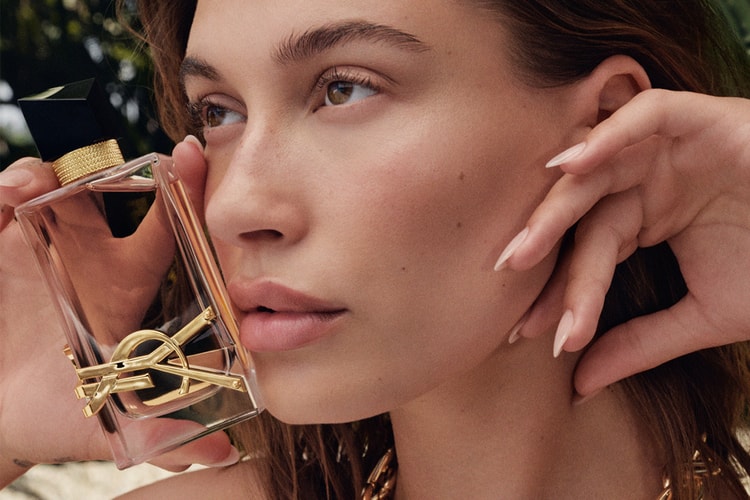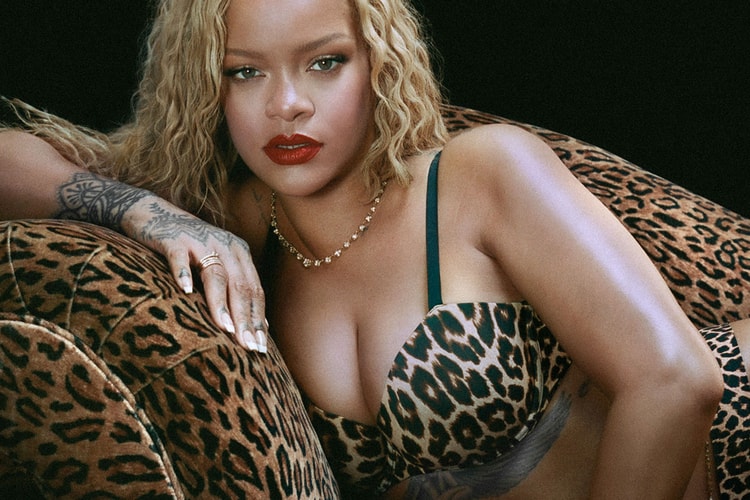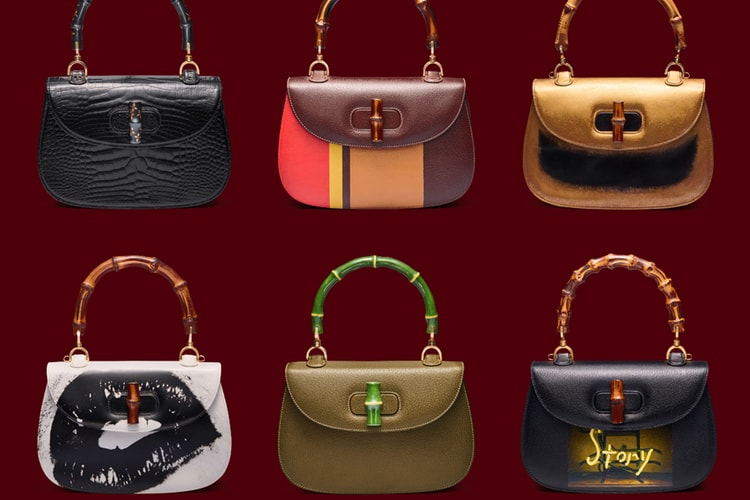
Why TF Are We Still Telling Women What to Wear?
As pro runner Jessa Hanson wrote, “Tell me it was male designers without telling me it was male designers.”
As the world prepared for the 2024 Paris Olympics, fashion and beauty moments were all the hype. From SKIMS launching a collection with Team USA to Fenty Beauty partnering with the Olympics to provide the girls with A1 beauty products, it was giving “for the girls.” That was until the women preparing to compete began to point out their experiences.
On April 3rd, news broke that the Gen Z-owned period care brand, August, was the official partner for the U.S. Track & Field Women’s Team. “We’re proud to offer tampons and pads that are more comfortable and absorbent so that the USATF athletes can compete with peace of mind, even when they’re on their periods,” founder Nadya Okamoto said at the time.
Just a few weeks later, however, Nike released a first look at the Team USA Track & Field uniforms. The uniforms were created with inclusivity in mind, but according to athletes, the look was a complete miss for one reason: “Wait my hoo haa is gunna be out” wrote Tara-Davis Woodhall, Olympic long jumper.
“Tell me it was male designers without telling me it was male designers,” pro runner Jessa Hanson wrote at the time. Any woman looking at the uniform could see that it would make the most important day of these athletes careers less than comfortable. 2008 Olympian and hurdler Queen Harrison Claye hilariously won the controversy by tagging the European Wax Center in the comments and asking, ‘Would you like to sponsor Team USA for the upcoming Olympic Games!?’”
View this post on Instagram
In September of 2023, the United Nations called out an interesting attire choice, too. This time, France, the home of the Olympic Games, was slammed for banning hijabs at the upcoming games.
French sprinter Sounkamba Sylla, was not allowed to attend the Opening Ceremony wearing her headscarf. “You are selected for the Olympic Games, organized in your country, but you can’t take part in the opening ceremony because you wear a scarf on your head,” she wrote at the time. As many questioned: “Is it really an equal playing field if the women participating can’t show up as themselves?”As for questions about options, British athletic apparel brand, Gymshark, introduced sportswear hijabs in May of 2024.
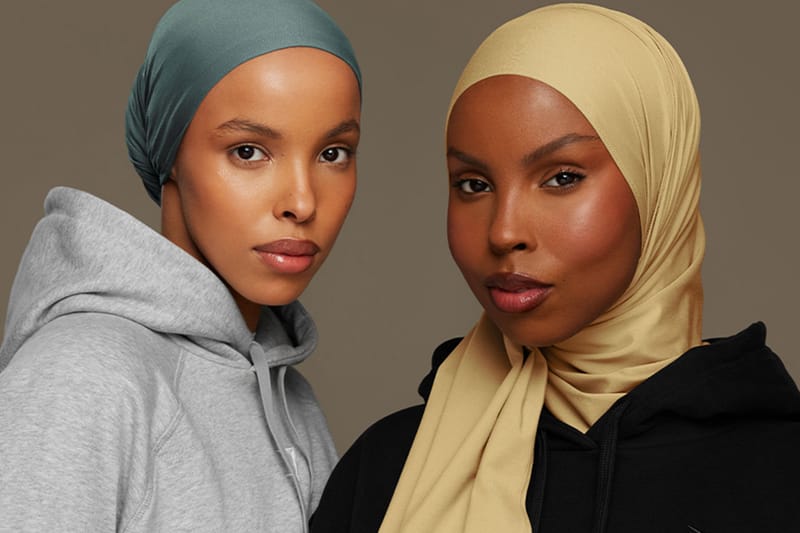
The “issue” has since been “resolved,” shared Amélie Oudéa-Castéra, French sports minister. The solution? Allowing her to don a hat, versus her headscarf as “That’s the law and we need to obey the law… She understands perfectly that when you’re an athlete representing your country, you need to be exemplary,” Oudéa-Castéra continued. ”So what we discussed with her is the fact that she can wear something, but not something that can be assimilated to a religious symbol.”
It’s important to note that Olympics organizers dubbed the 2024 event the “Gender Equal Olympics.” As NPR writer Emma Bowman wrote, “That’s in part, the International Olympic Committee says because this year it has achieved ‘full gender parity on the field of play,’ which it defines as having set a quota to distribute competition spots equally to female and male athletes, with a goal to have female athlete participation at 50% — 2% more than competed in Tokyo in 2021.”
In regards to the controversy, Amnesty International wrote: ”French authorities made it emphatically and unashamedly clear… that their proclaimed efforts at improving gender equality and inclusivity in sports do not apply to one group of women and girls — those Muslim women and girls who wear religious head coverings.”
The Bottom Line:
Not one headline questioning the attire of male athletes has gone viral this Olympic season. Ironically, this year has been dubbed the most “Gender Equal Olympics” – but viral headlines are telling a different story.
There’s a clear disconnect between the experiences women are having in comparison to their male counterparts. Female athletes prepare their entire careers for this moment. To not only one, perform their best and break records, but two, proudly represent their countries. How can you do that if you can’t carry yourself authentically?
In other news, here’s everything you didn’t know about the Olympics.












